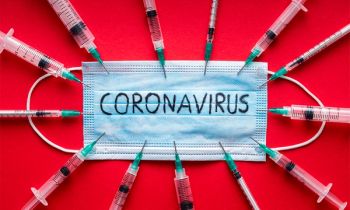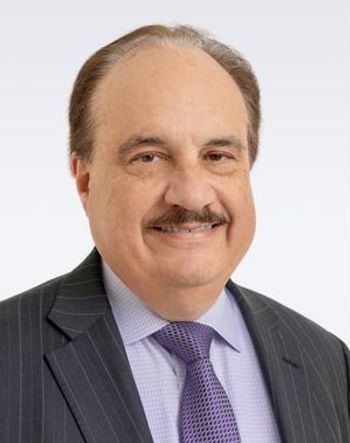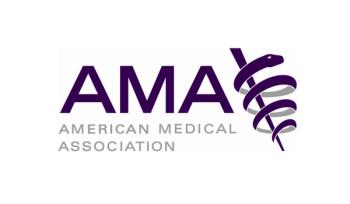
Videoconferencing reduced anxiety and stress among “distance caregivers,” according to the results of randomized trial scheduled to be presented at the annual meeting of the American Society of Clinical Oncology.

Videoconferencing reduced anxiety and stress among “distance caregivers,” according to the results of randomized trial scheduled to be presented at the annual meeting of the American Society of Clinical Oncology.

Medicaid expansion under the Affordable Care Act resulted in a decrease in cancer mortality rates that translated into 785 fewer cancer deaths in 2017 expansion states, according to results of a study scheduled to be presented at annual meeting of American Society of Clinical Oncology (ASCO), which is now scheduled to be held virtually May 29-31 instead of in Chicago.

Testing remains ongoing in the search for treatment drugs and a vaccine for COVID-19.

Commission continues approving funding for telehealth during coronavirus pandemic.

Amid COVID-19 Outbreak, U.S. Dental Triage is Partnering with Dentists to Donate Face Masks and PPE to First Responders.

Dr. Mark Ruchman, chief medical officer, Versant Health, shares eye safety tips and ways to best stay protected from COVID-19 as guidelines are loosened throughout the country.

Antigen tests, a new category, have a major advantage and disadvantage over COVID-19 tests already approved.

The onset of COVID-19 has doubled the percentage of American adults who have tried telemedicine as an alternative to a doctor’s office visit.

Numerous PPEs and testing kits also feature unproven coronavirus claims.

Dr. Robert Posner, who specializes in helping people lose weight, offers preparedness advice.

Men have higher concentrations of ACE2 in their blood.

A New York Times count shows that about third of COVID-19 deaths are among nursing home residents and staff.


His departure would add to the narrative of disappointment in the healthcare ventured backed by Amazon, Berkshire Hathaway, and JPMorgan Chase.

The Advanced Medical Technology Association (AdvaMed) recently announced availability of a new “Code of Ethics Compliance Guidance Related to the COVID-19 Response.”


Dr. Vivek Garg, CareMore and Aspire chief medical officer, discusses palliative home-based care and its effects of COVID-19.

All across the country, and in fact globally, musculoskeletal (MSK) care has become difficult if not impossible for most patients to access because of the COVID-19 pandemic.

As social distancing has become the new norm due to COVID-19, the new normal for healthcare has also seen a rise of telehealth services. However, there are security risks involved for patients’ personal data and companies’ private information.

As employers plan to return to the workplace, Mercer survey reveals key considerations from employers’ experience with essential workers and COVID-19.

The FDA recently approved AstraZeneca’s Farxiga (dapagliflozin) for the treatment of heart failure with reduced ejection fraction (HFrEF) in adults with and without type 2 diabetes, marking the first time a drug in a class developed for diabetes was approved for heart failure even if diabetes is not present.

Merlo says COVID-19 related business activity added 10 cents to the adjusted earnings per share.

Independent research finds COVID-19 testing costs can vary by hundreds of dollars per test, with billions of dollars at risk nationwide.

A strong interferon response may lead to harmful cytokine storms.

About 80% of the losses are from cancelled surgeries and over services.

Formulation could cause fewer administration-related reactions than IV Darzalex.

NEMEXIS, an international anti-fraud consulting firm based in Berlin, reported fraud and corruption affecting healthcare and healthcare systems spurred whistleblower activity in half of the 58 countries in the survey.

Popular heartburn medication now in shortage due to COVID-19 test.
